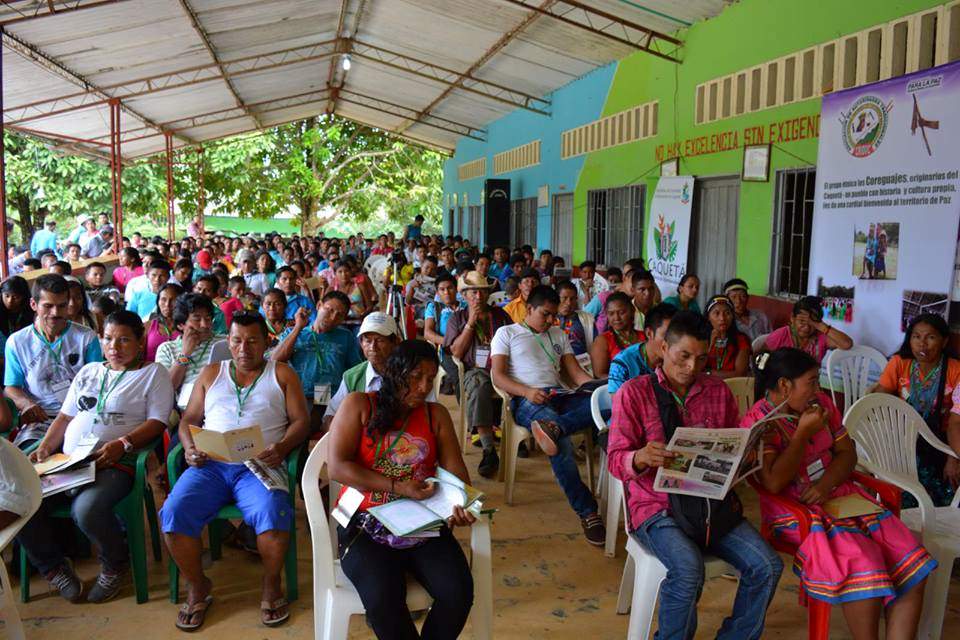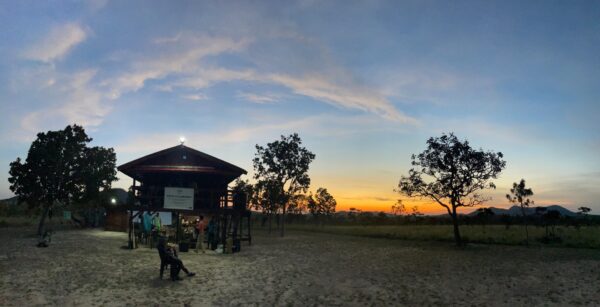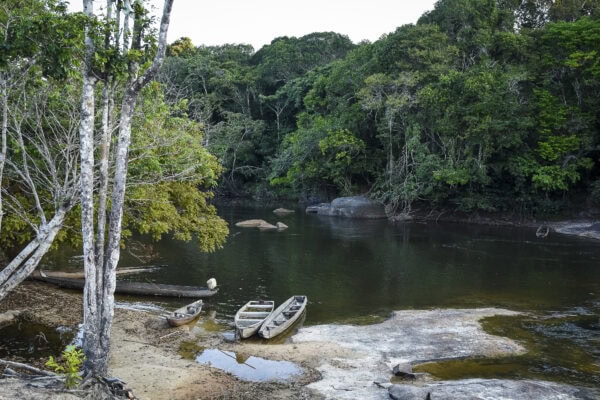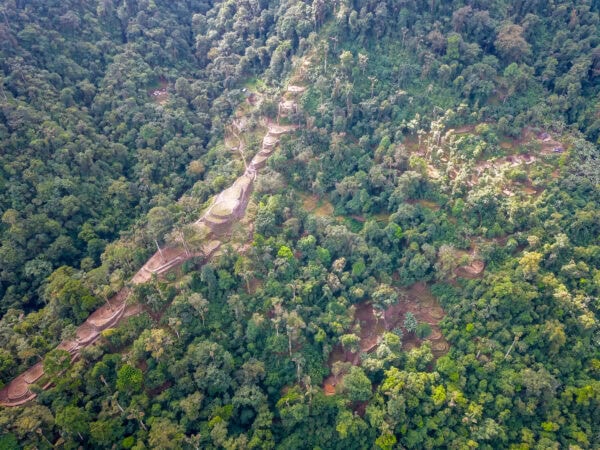On November 11, 2015, in a historic and positive development for the indigenous peoples of Caquetá in Colombia, the departmental Assembly of the Department of Caquetá passed ordinance 031, establishing a departmental indigenous peoples’ public policy and forming an indigenous coordinating council responsible for the policy’s design and implementation. Through this ordinance, the rights of Caquetá’s indigenous communities are recognized and delineated, empowering them significantly and opening spaces for their participation in the development of departmental policies that affect their livelihoods and territories. With the establishment of the coordinating council, indigenous peoples now have legitimate representation in order to be included in regional development plans for the coming years, bringing opportunities for investment and inclusive projects that support their initiatives.

Members of the departmental assembly and indigenous leaders studying Ordinance 031
Though not the first departmental policy focusing on indigenous issues, this is the first that was developed with the full consensus and participation of the department’s indigenous communities.
This groundbreaking policy gives the indigenous peoples of Caquetá an important say in a range of regional issues, such as food security, human rights, ethnoeducation, protected area creation, and housing and infrastructure, while providing them with financial resources to implement and manage projects in their lands. For many years, the indigenous peoples of the region had tried in vain to establish this policy, which now serves as the most important reference to the rights provided to them by national and international law. In 2012, ACT began working with the indigenous groups to make the policy a reality.

Members of Caquetá’s departmental assembly with indigenous leaders celebrating the enactment of Ordinance 031
Previous to this approval, in late October 2015, seven indigenous communities (Uitoto, Coreguaje, Inga, Embera, Pijao, Nasa, and Misak) and more than 500 people convened to draft a document that contained the guidelines for the departmental indigenous public policy and to form a coordinating council that would enact their rights and grant the communities true say in the cultural development of the department. The meeting was achieved through the coordination of governmental institutions, ACT, and other civil society actors.

Attendance of more than 500 at the prior consultation meeting

Indigenous people arriving at the indigenous peoples’ policy meeting
Throughout the drawn-out process of designing the policy, ACT developed and implemented several studies, workshops, and leadership congresses, and provided technical support that was crucial for the formalization of the policy, paving the way for increased self-determination and empowerment of indigenous communities across the department of Caquetá. Likewise, ACT technical subdirector, Diego Rueda, was a key player in the formulation of the Caquetá indigenous peoples’ public policy, supporting the indigenous communities along the way. This victory has created important policy spaces for indigenous communities in the department, strengthening the indigenous movement and enabling them to become aware of their essential role in the democratic and civic processes in the region.

ACT staff in attendance during the draft document formulation

ACT’s Diego Rueda facilitating formulation of the draft document
Share this post
Bring awareness to our projects and mission by sharing this post with your friends.




